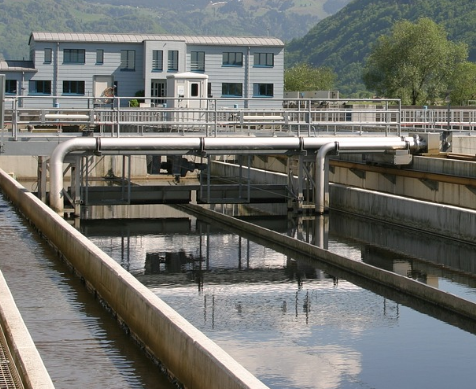India’s urban areas are grappling with an escalating water crisis, with a large portion of wastewater going untreated. A new report highlights how reusing treated wastewater can play a pivotal role in addressing this growing challenge.
The Scale of India’s Water Crisis
A significant 72% of urban wastewater in India is left untreated, contributing to severe water scarcity. According to the Waste to Worth report by the Centre for Science and Environment (CSE) and the National Mission for Clean Ganga (NMCG), the country faces mounting pressure from rapid urbanization, industrial expansion, and climate change.
Wastewater Reuse: A Sustainable Strategy
The report highlights the crucial role of reusing treated wastewater in addressing water scarcity. Sunita Narain, CSE’s Director-General, emphasized that treated wastewater is a valuable resource, essential for achieving long-term water security. She called for systemic changes to promote wastewater reuse as part of India’s broader water management strategy.
Bridging the Treatment Gap
At present, India only processes 28% of the 72 billion liters of wastewater generated each day. The untreated water ends up contaminating rivers, lakes, and soil. Expanding wastewater treatment capacity is crucial to reducing this environmental burden and harnessing treated wastewater for irrigation, industrial use, and urban greening.
The Ministry of Jal Shakti requires cities to recycle a minimum of 20% of the water they use. However, scaling up treatment infrastructure to meet this target remains a significant challenge.
Regional Efforts in Wastewater Reuse
India’s progress in wastewater treatment and reuse is uneven across states. Uttar Pradesh, Maharashtra, and Karnataka contribute the highest volumes of untreated wastewater. In contrast, states like Gujarat, Tamil Nadu, and Maharashtra have adopted progressive policies to reuse treated wastewater in agriculture and industry.
Cities like Nagpur, Bengaluru, and Chennai have implemented successful wastewater reuse programs. Nagpur supplies treated wastewater to power plants, Bengaluru uses it for agricultural irrigation and groundwater recharge, while Chennai applies it to industrial processes and urban greening.
Challenges to Scaling Up Reuse
Despite the clear benefits, scaling up wastewater reuse faces several obstacles. These include public resistance driven by cultural concerns, infrastructure deficits, and the high operational costs of treatment plants. Experts from CSE state that decentralized, cost-effective treatment technologies and robust public-private partnerships are essential to overcoming these challenges.
A Circular Economy for Water Management
The report calls for integrating wastewater reuse into national programs such as the Jal Jeevan Mission and Atal Bhujal Yojana to promote a circular economy for water. By rethinking wastewater as a valuable resource rather than a byproduct, India can build a more sustainable and climate-resilient water management system.
A Critical Resource for Water Security
The report urges policymakers to view treated wastewater as a critical resource for the country’s water security. Effective wastewater reuse will require innovative policies, increased infrastructure investment, and community engagement to ensure equitable access, especially for underserved communities. Reusing treated wastewater has the potential to be a transformative solution for ensuring India’s water security.


Leave a Reply